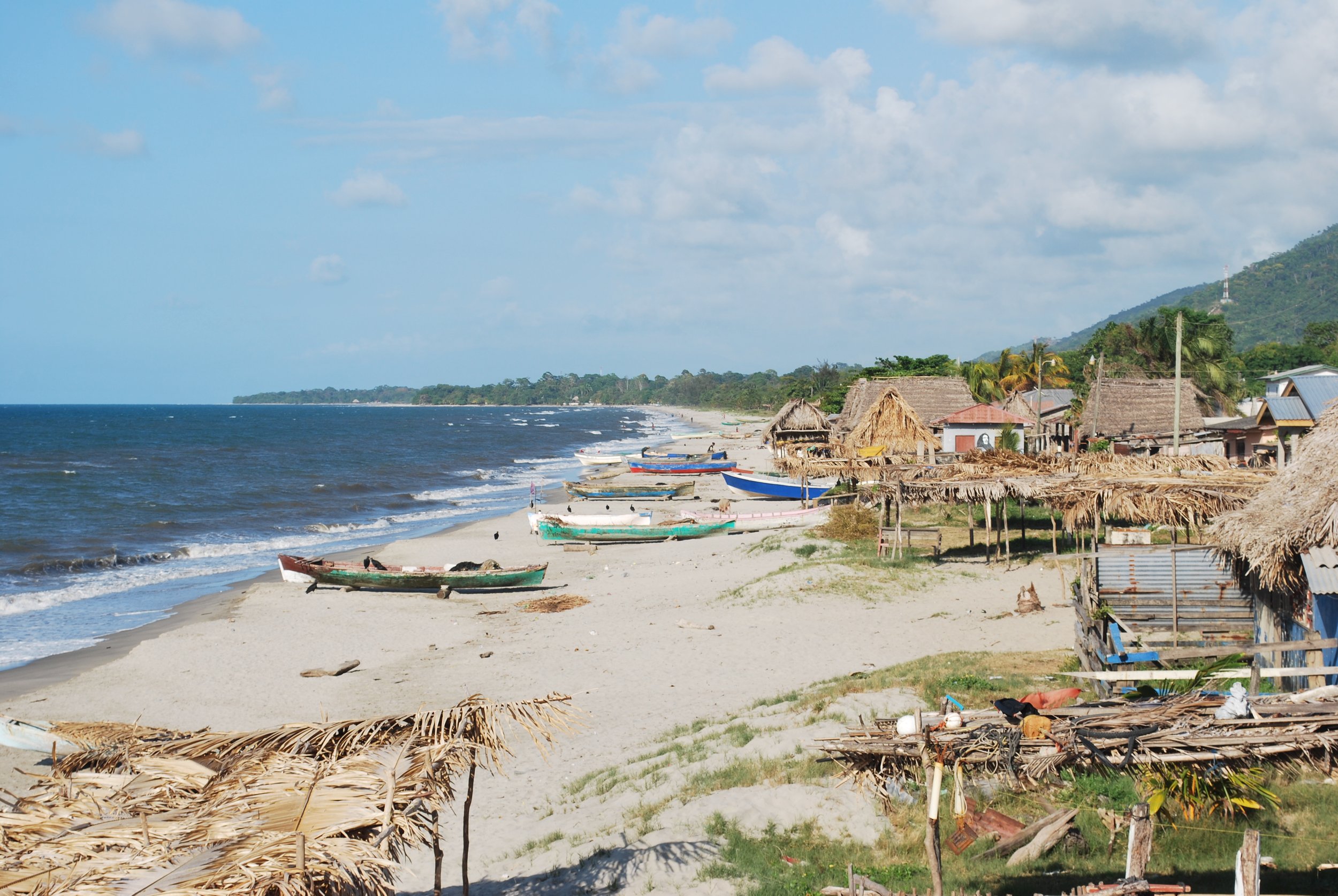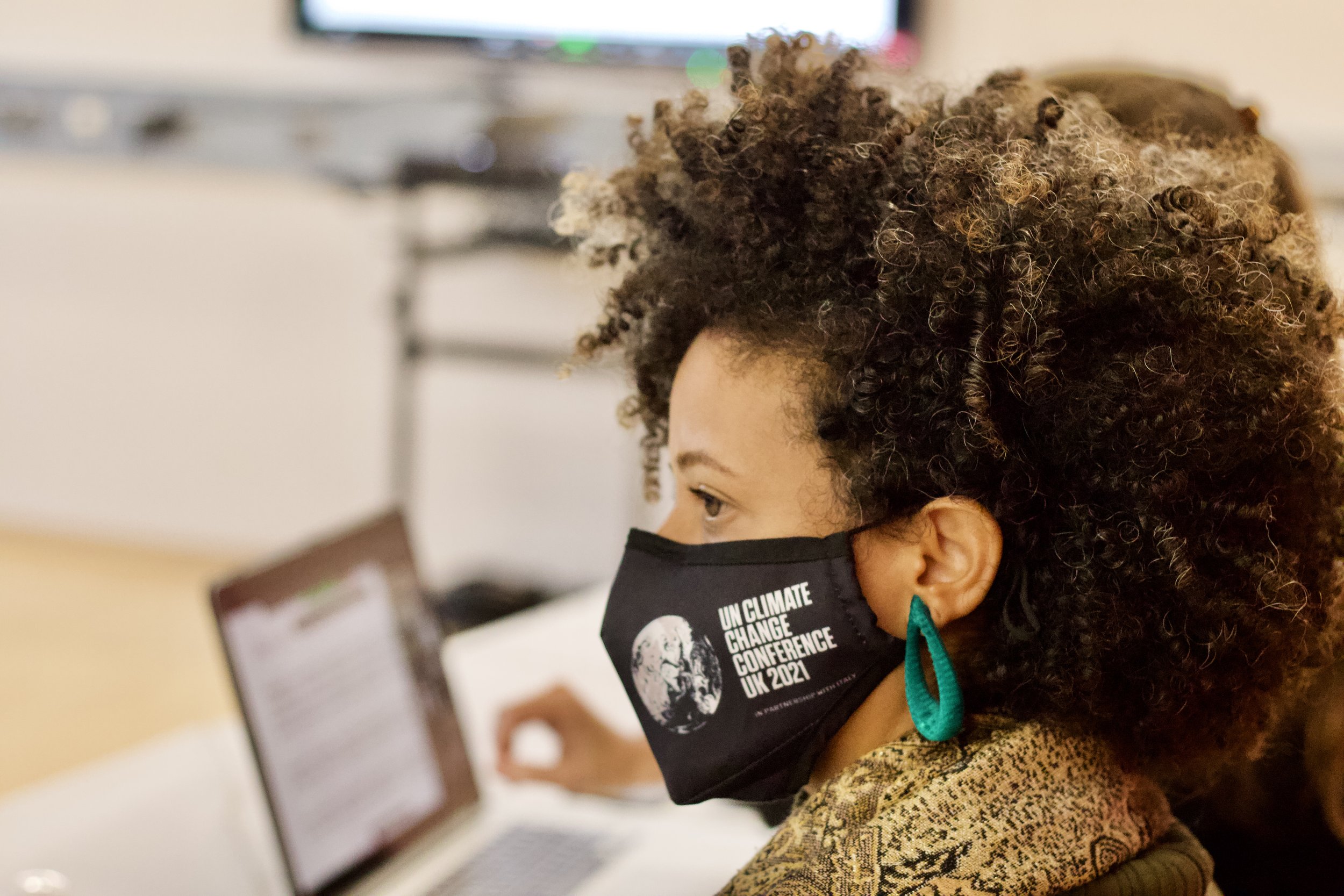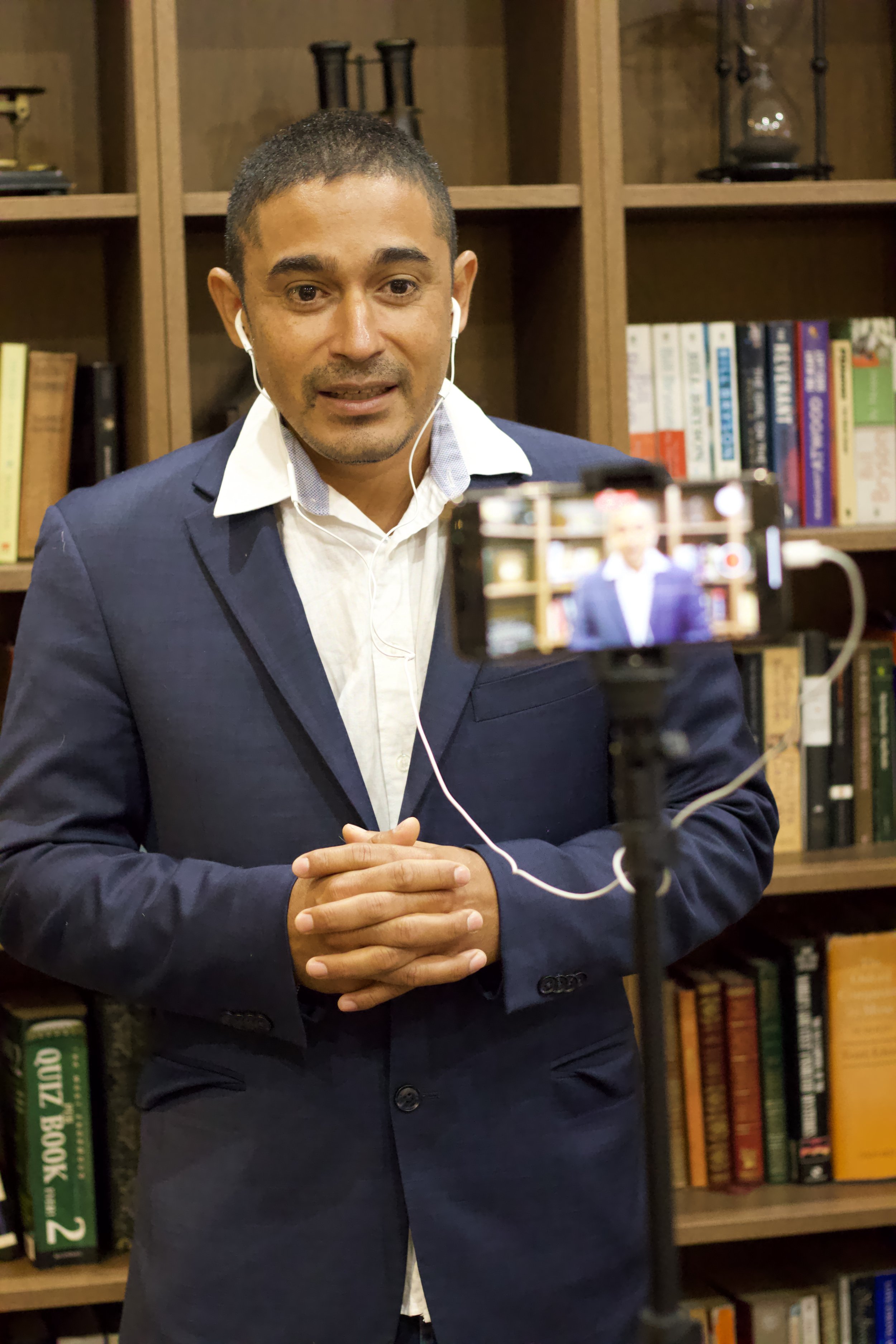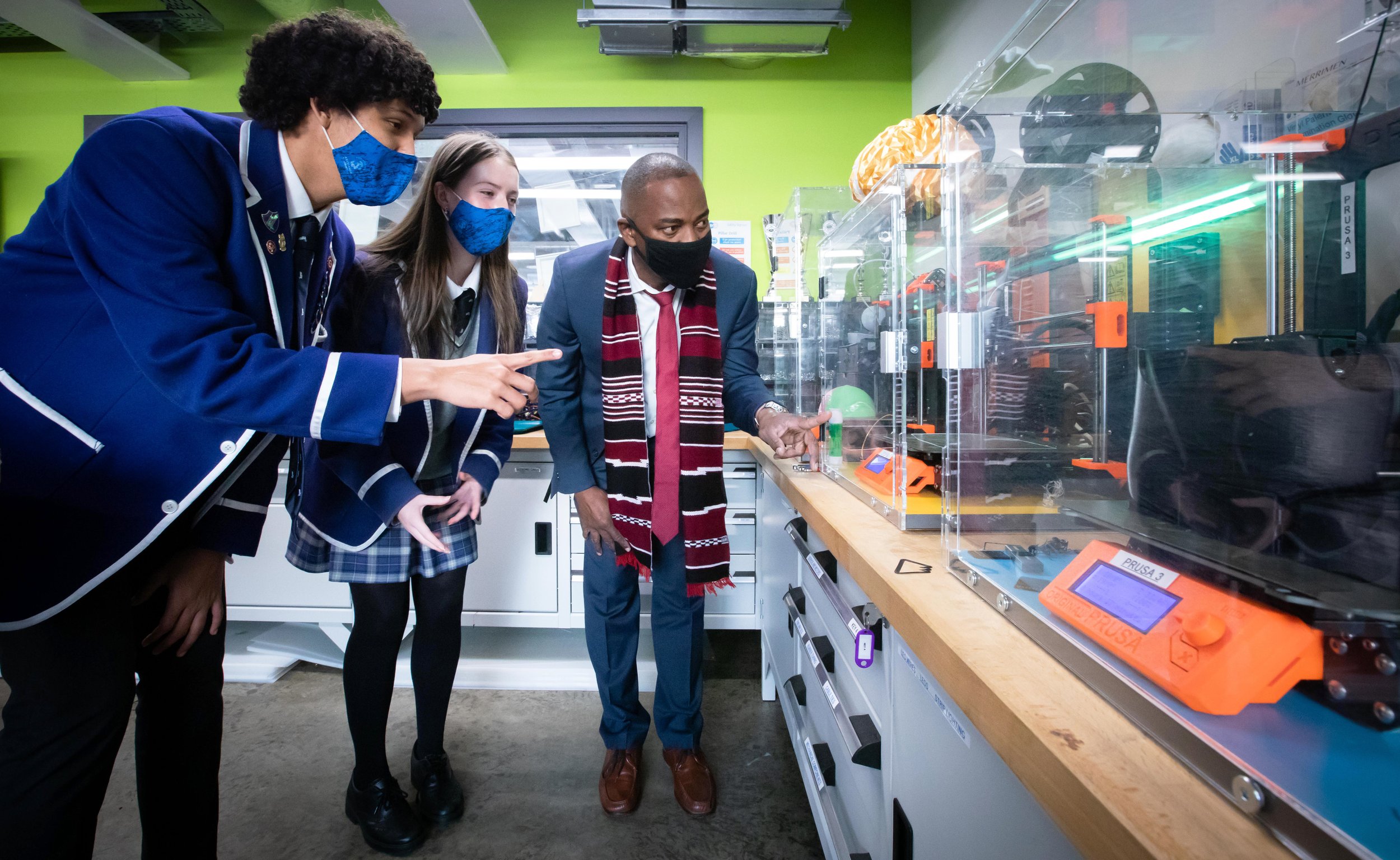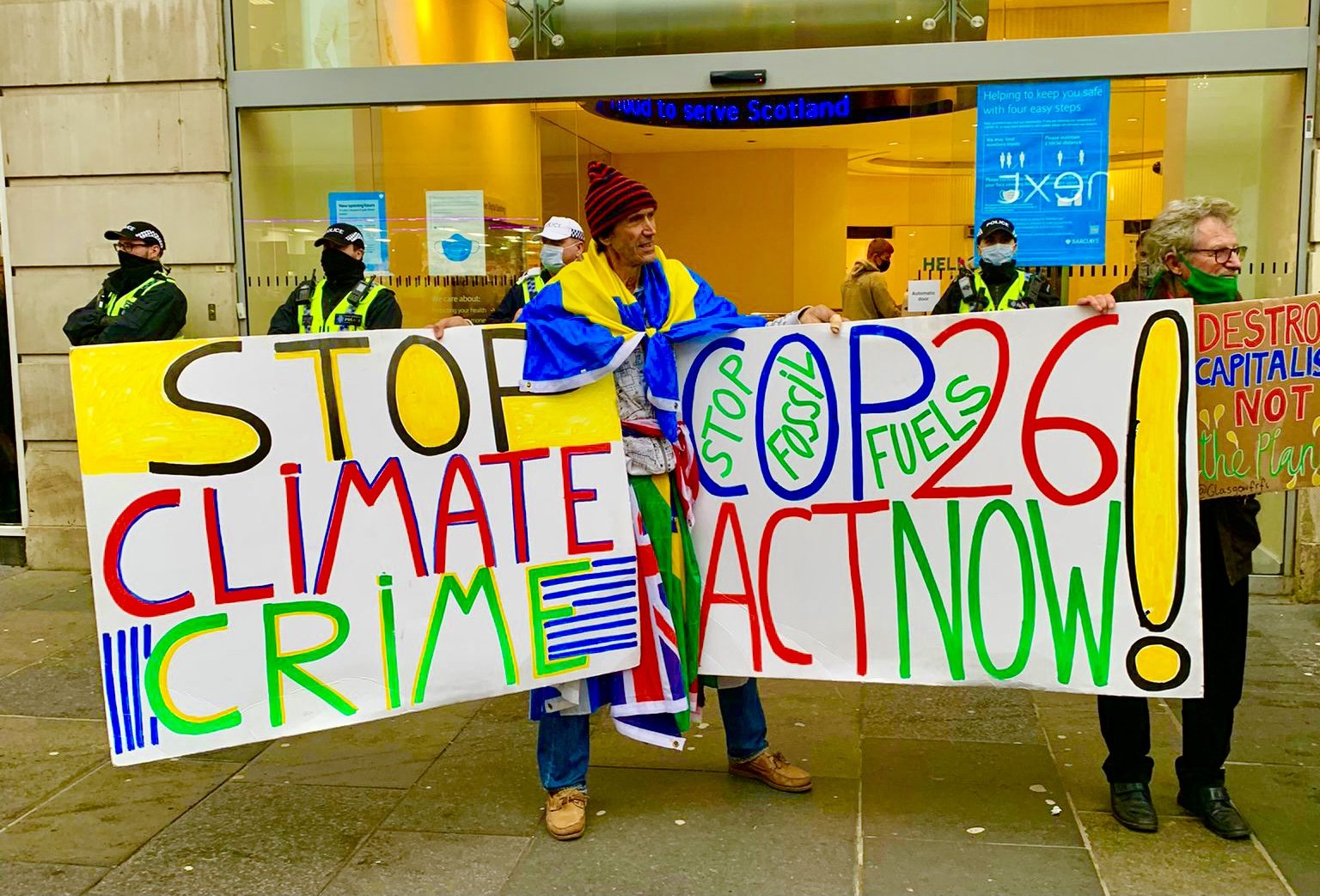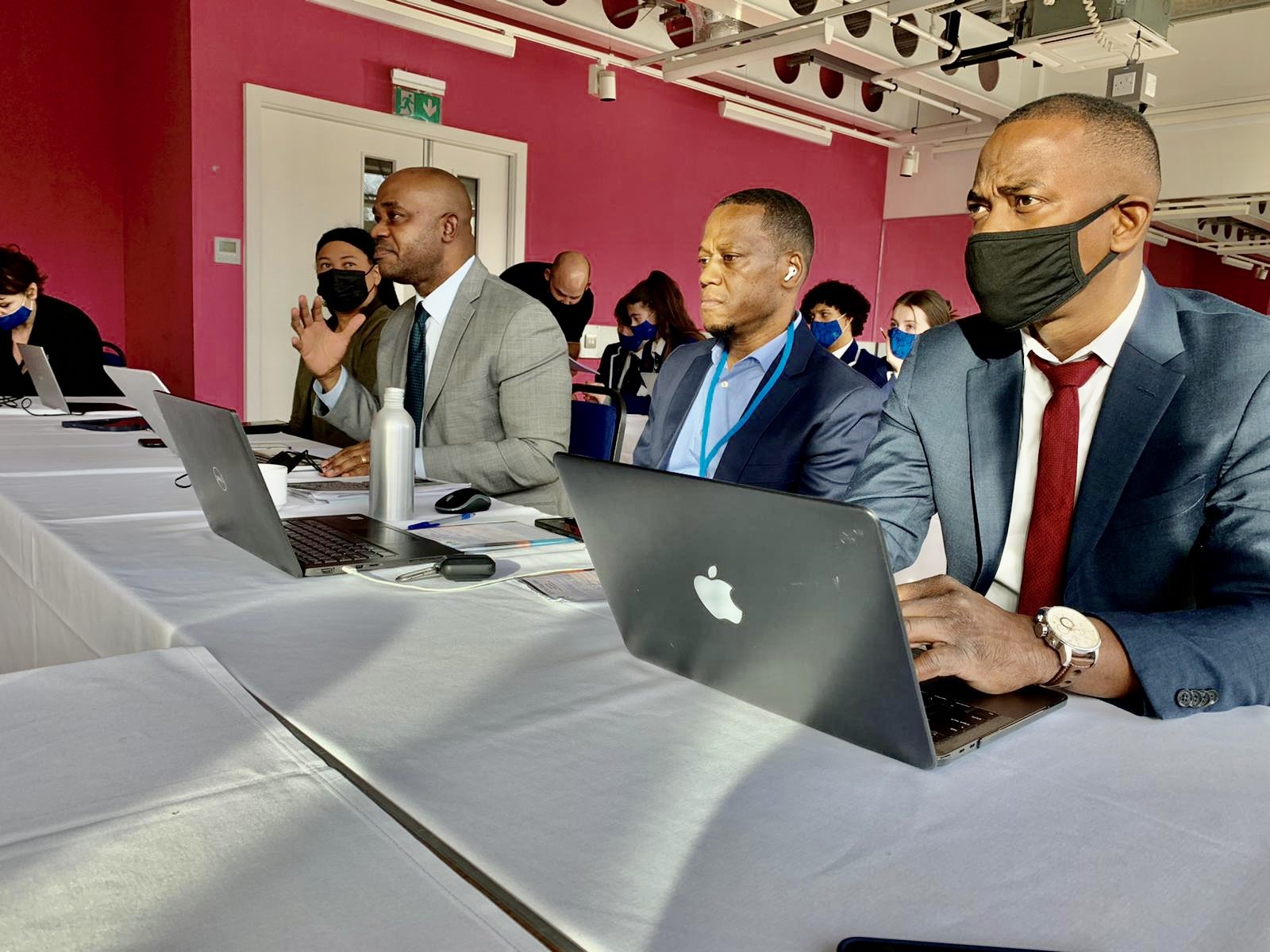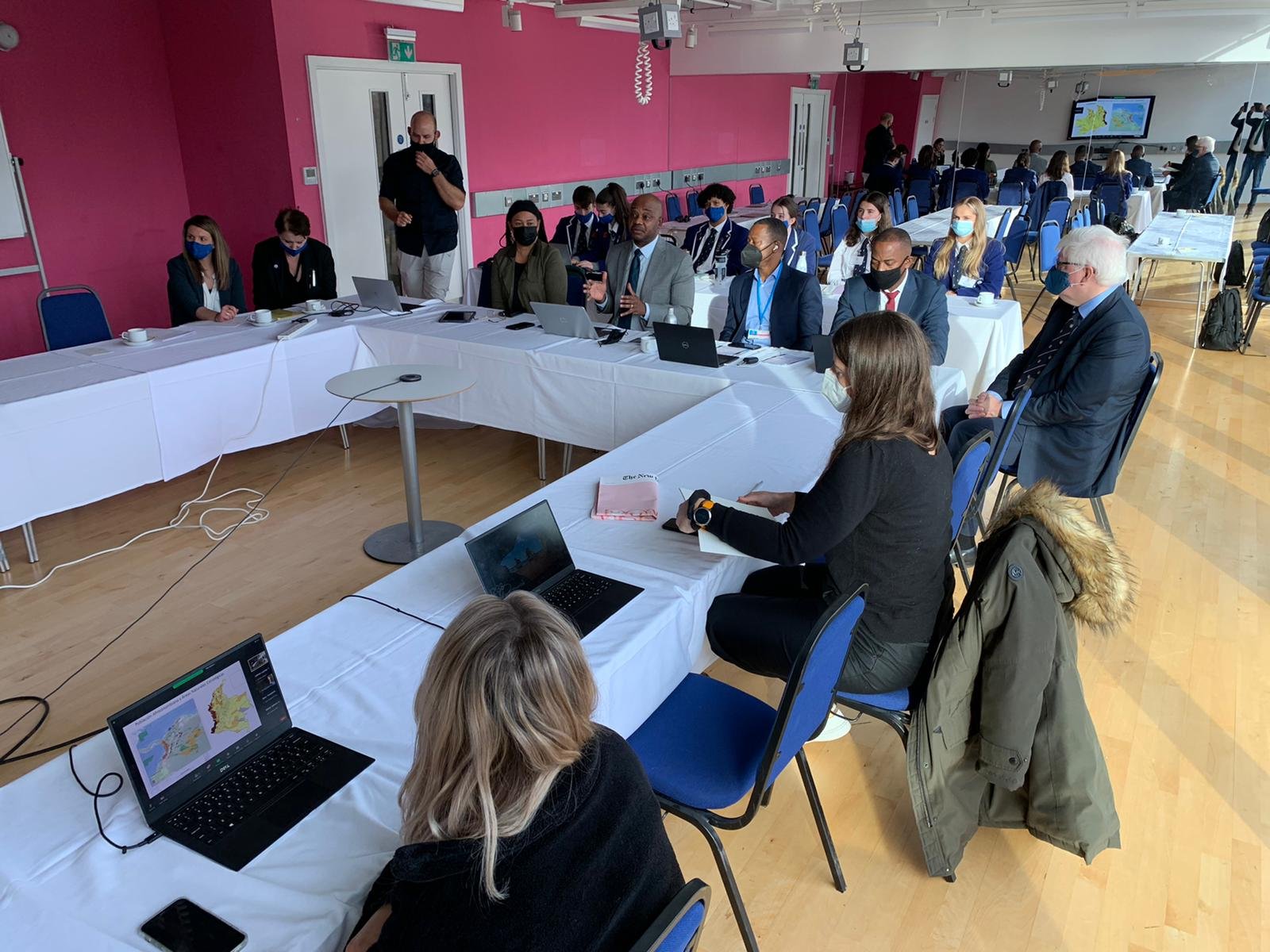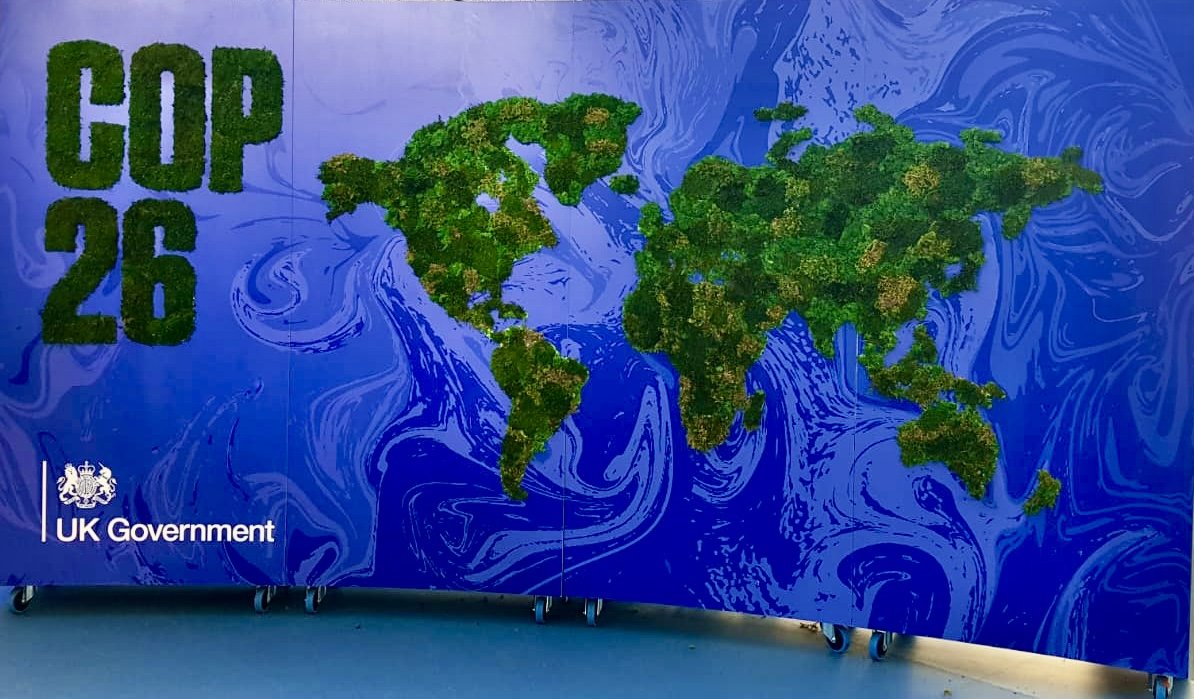An important outcome of the United Nations (UN) Climate Change Conference (COP26 Summit in Glasgow, UK, was the creation of the Afro-Interamerican Forum on Climate Change (AIFCC). This historical development provides to people of African descent from the Americas a voice that represents them globally at the highest level of climate change policy dialogues. The Forum was established to continue building on the UN Framework Convention on Climate Change. It advocates for Environmental Equity and Racial Justice in coastal cities of Latin America and the Caribbean (LAC), where most of the approximately 200 million people of African descent of the Americas are heavily concentrated.
The Forum seeks to produce pathfinding research and studies, provide technical support and leverage financing for projects and programs impacting the Amazon and Natural Belt of the Americas. During their deliberations in Glasgow COP26, participants of the Forum produced actionable recommendations on how to address climate change issues in populations of people of African descent in the Americas.
Some recommendations included to:
a) prepare regional and country by country strategies with a differential approach for Afro-descendant to promote sustainable development with the cultural identity their populations;
b) ensure land tenure and the implementation of payment for ecosystem services programs; c) support forest, coastal erosion and fishing management programs;
d) create trust funds - with contributions of the public private sector - to finance climate change adaptation and mitigation policies and programs. E.i., access to clean cooking technologies;
e) ensure that stakeholders implementing projects in the region include the ethnic-racial variable in all the formats for capturing information about climate change; and
f) to strengthen local and territorial governance systems.
Why do we need a differentiated approach based on race/ethnicity and cultural factors? Despite exposure to repeated and severe climate events, these populations have shown exceptional resilience and strength in recovery. The high vulnerability and exposure to climate change of Afro descendant populations in LAC stems partly from their history of forced migration and resulting geographic concentration of residence in coastal cities. In addition, given historical racism and structural bias, lack of inclusive policies and programs, and other discriminatory practices, Afro descendant populations are disproportionately concentrated in low-income neighborhoods with no or poor-quality infrastructure access and environmentally sensitive areas prone to floods, erosion and other negative climate events.
The Forum and parallel Trust Fund seeks to tackle the strengths and resilience of these coastal communities to change their challenges into opportunities for sustainable development
Overwhelming evidence indicates that climate change adaptation and mitigation projects and programs need to include the perspective ethno-racially different populations. Severe weather and geological events have disproportionately and negatively impacted Black populations.
Adaptation Challenges facing Afro descendant populations
Populations located along the coast and in other vulnerable areas need to adapt to challenges of the rise of sea levels and temperatures, back-to-back hurricanes, massive flooding of rivers, internal and external forced displacement, deforestation, and decrease in rainfall.
Recently, Hurricanes Eta and Iota in Central America and Isla San Andres, Colombia, the earthquakes and storms in Haiti, volcano in St Vincent, the logging in the Amazon rainforest and the Río Plátano biosphere reserve and those impacted by oil drilling and spills and mining activities across Latin America and the Caribbean. Opportunities to incorporate the perspective of populations of people of African descent from Latin America and consider their geographical locations as innovation hubs to bring renewable energy and other technologies for adaptation and mitigation are a real possibility.
Mainstreaming. The AIFCC aims to mainstream the perspective of people of African descent in climate change initiatives of the United Nations, international and regional organizations. It will facilitate research and reliable data to improve the allocation of resources to build capacity and provide the required access to finance to improve well-being and reduce forced migration.
Climate change adaptation research in the Americas lacks data and allocation of resources that consider the racial and ethnic characteristics of these populations in the Americas. To plan accordingly and have a positive impact, realistic and measurable outcomes, stakeholders need to consider the racial/ethnic and cultural differences of the communities that they are trying to serve.
Mitigation challenges and opportunities facing Afro descendant populations: Responding to climate change through mitigation includes scaling up the deployment of renewable energy solutions and expand renewables markets in heavily concentrated Black cities and regions such as Chocó Colombia, Esmeraldas Ecuador, Bocas del Toro—Colón y Darien Panama, El Carmen-Picsi and San Luis de Cañete Perú, Salvador Bahia Brazil, Limón Costa Rica and the Garifuna communities along the coasts of Belize, Honduras, Nicaragua and Guatemala, just to mention a few.
Each of these populations lacks access to clean, reliable and affordable electricity and sustainable infrastructure. They are the most vulnerable populations facing the greatest threat to their lives and property because of climate change. The AIFCC and Trust Fund seek opportunities to fund and address these needs in a thoughtful and sustainable way.
The AIFCC counts on the support of the Massachusetts Institute of Technology (MIT), the Andean Development Corporation (CAF), the Government of Costa Rica, Conservation International, the Open Society Foundation, the Central American Black Organization, Afro Global Consulting, SUDECC, Inc, community-based organizations, and leaders of the over 4.2 million Black immigrants living in the U.S., among others.
COP26 Representation. COP26 representation included national delegations from 197 countries, world leaders, the business community, civil society organizations, advocates and youth. Populations of people of African descent also joined the negotiations, over 70 leaders from the region facilitated that launch of the AIFCC. They were invited by U.S. Congressman Congressman Gregory W. Meeks, Vice President of Costa Rica Epsy Campbell Barr, the Massachusetts Institute of Technology and the Andean Development Corporation (CAF). In-person participants also included Mr. Luis Gilberto Murillo, Former Minister of Environment and Sustainable Development of Colombia; Mr. Robert Asprila, Climate leader and President of Afro Global Consulting; Ms. Katy Gil of the Central American Black Organization; Mr. Abel Batista of the Autonomous University of Chiriquí in Panama; and Mr. Julio Guity-Guevara, LL.M. of SUDECC, Inc.




